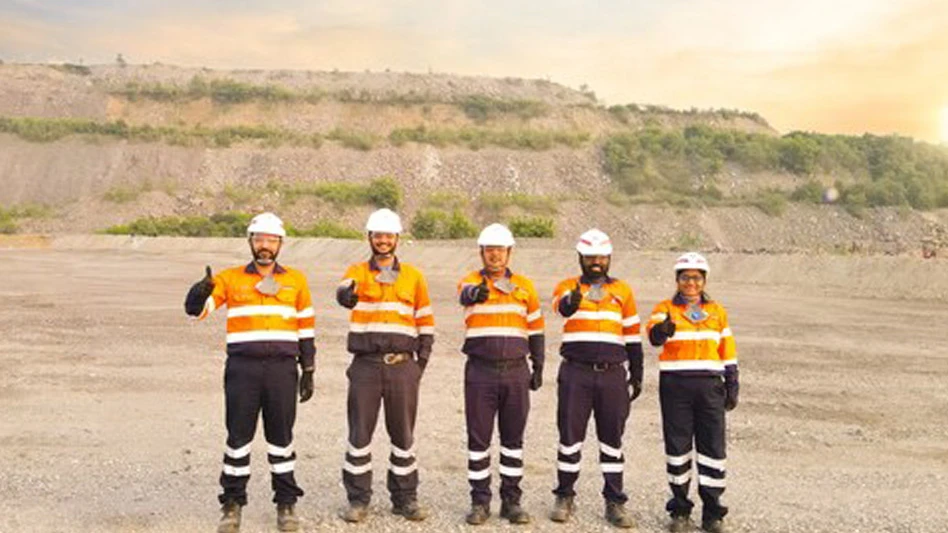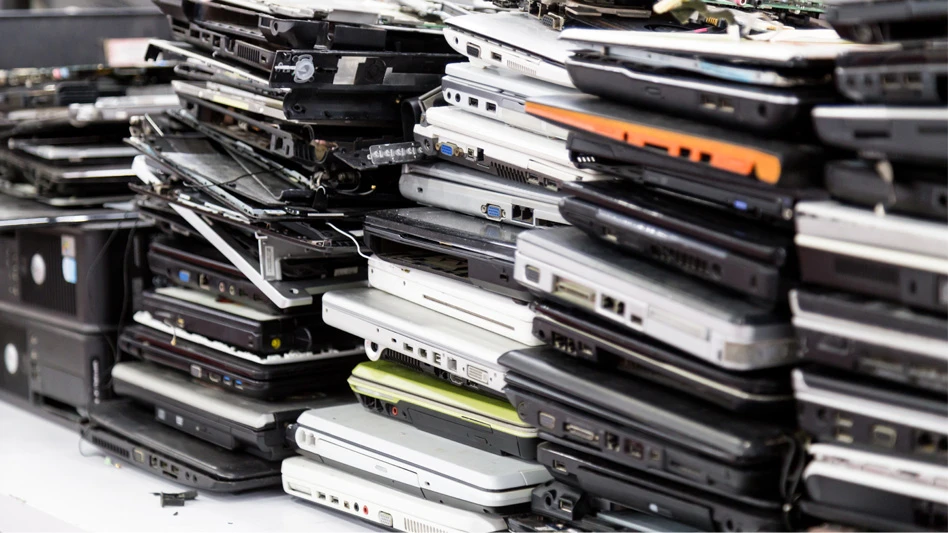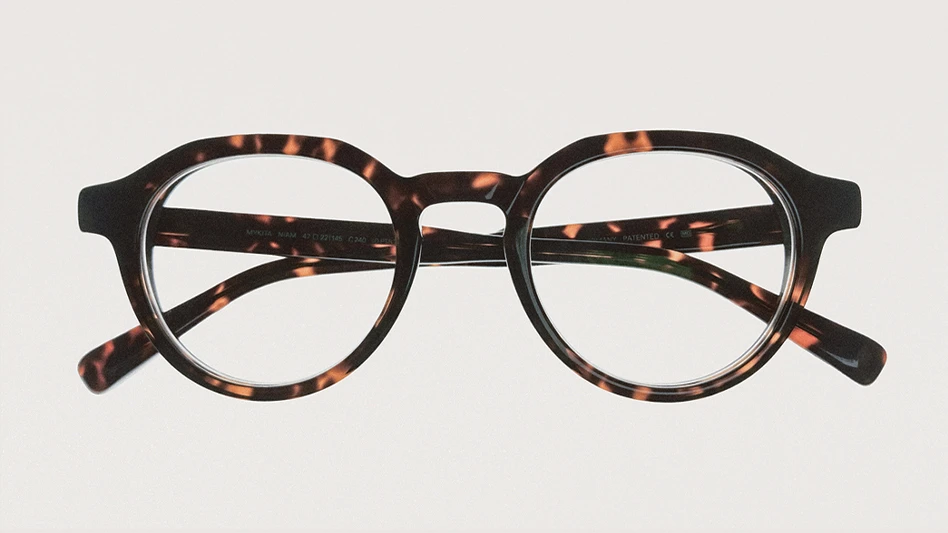Kripke Enterprises, a metal recycling company based in Toledo, Ohio, is offering a small, hand-held sorting magnet for iron detection in bales and boxes of nonferrous scrap metals.
 Since it started selling the magnet, more than five years ago, the company has sold around 5,000 of the small, hand-held neodymium rare earth magnets, says Andy Golding, vice president of sales and marketing.
Since it started selling the magnet, more than five years ago, the company has sold around 5,000 of the small, hand-held neodymium rare earth magnets, says Andy Golding, vice president of sales and marketing.Kripke began offering the magnets after working with a customer who was using a super-strong, small magnet to detect iron in loads of nonferrous materials. Sometimes, Golding says, loads would be rejected because of the amount of iron contamination the magnet found in the bales and boxes.
“We decided we were going to start making the magnets here to check our material before we shipped them out,” he says.
The company commissioned a Toledo-based company to produce the magnets. Initially, Kripke produced a small number of the magnets for use by customers to help prevent their loads from being rejected. Those magnets received a positive response, Golding said.
“We sent an email and in one day we sold 100 magnets to our customers,” he says. Not long after that, Golding adds, the company sold 1,000 magnets.
Golding says the neodymium rare-earth magnet is intended to help nonferrous dealers earn the highest value for their scrap and avoid rejections.
“A rejection can cost (a company) $2,000 between selling the material for less or moving it to a different home or having to rebale it,” Golding explains. “If you can check the material before it goes out the door, a company is going to save a lot of money.”
Golding says the magnet is ideal for nonferrous dealers or companies that sort and bale nonferrous metals such as copper, aluminum and wire.
Golding says over the years the company has offered the magnet, it has worked to continually refine and improve the product. The magnet measures about 4-inches tall with a 2-inch square base and is designed to be run over finished boxes and bales of nonferrous materials. The magnet surface features a protective a Line-X coating.
Golding says besides using the magnet on finished bales and boxes, it can be used during the sorting process as materials are loaded into balers or boxes. He says the magnet is so strong it can detect iron in Gaylord boxes full of nonferrous metals.
He also says the company offers a full satisfaction guarantee on the magnets. “We really go out of the way to satisfy customers in everything we do,” he says. “Our philosophy is the same with the magnet.”
“When someone’s load is rejected, it hurts everyone,” says Golding, “and when someone is able to get all the iron out of their scrap, they can sell it for more, which helps them, and that’s our goal.”
Latest from Recycling Today
- Global steel output continues slide in December 2025
- Chemco Group commissions PET recycling facility in India
- NWRA appoints senior VP of administration and events
- Kuraray America’s Eval business unit earns ISCC Plus certification
- Ecowaste acquires Baker Trash Services and Gardner Disposal
- Ameripen launches “Power of Packaging” website
- Monadnock Paper Mills appoints director of strategic business development
- BIR launches BIR Academy educational video series





